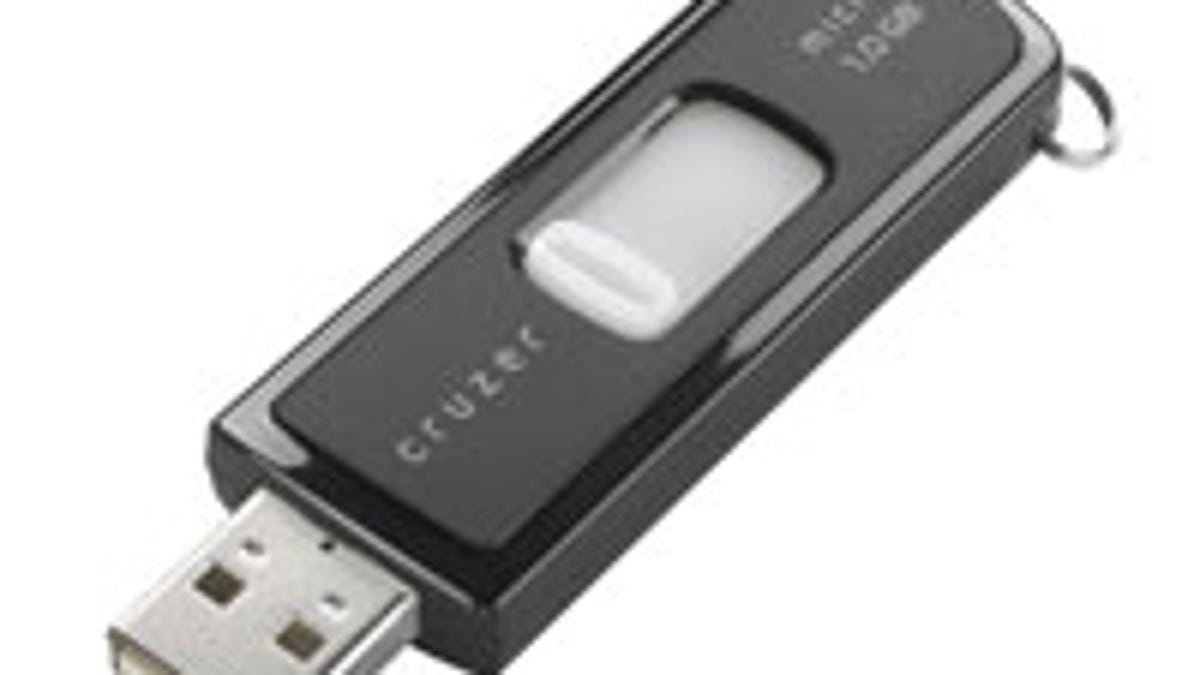Reliability of USB flash drives questioned
According to a report released by data recovery specialist Payam Data Recovery, cases of faulty USB flash drives are on the rise, growing at an even faster rate than unit sales themselves.

According to a report issued by data recovery specialist Payam Data Recovery (PDR), cases of faulty USB flash drives are on the rise, growing at an even faster rate than unit sales themselves.
PDR reports a 300 percent year-on-year increase in cases of USB drives that have "suddenly stopped working," as a result of "faults, misuse and an increasing number of poorly manufactured devices on the market."
By comparison, 54 million USB flash drive units sold last year and sales are expected to hit 100 million this year (according to Gartner Dataquest statistics included in PDR's report), which would equate to a sales growth rate of 85 percent overall.
PDR's Managing Director, Payam Toloo, attributes much of the issue to owner carelessness, but also questions manufacturing quality.
"A limited number of write/erase cycles are possible before failure occurs, and while high-end flash drives will support several million cycles, cheaper devices are more unpredictable," Toloo said.
SanDisk, a premier USB flash drive producer, agrees with Toloo that cheaper devices are prone to quality issues.
"There are some manufacturers that produce lower end products that might become faulty after repeated use," a SanDisk spokesperson told CNET.com.au.
While the report failed to name specific producers of said "cheaper devices", SanDisk is adamant that it is not one of them.
"Under optimal conditions, the lifespans of [SanDisk] USB flash drives can be up to
10 years or more when used like a CD-R; when used like a CD-RW, the
lifespan may vary."
CD-R use involves writing data to the device once, and only reading that data on subsequent occasions. However, it's far more common to use a flash drive like a CD-RW, where new data is constantly being written to and read from the drive.
Toloo is optimistic about the prospects of USB flash drives as a "short-term" backup solution, provided that they're treated with care and not relied upon as the only mechanism for backup.
"The best way to prevent losing data from a USB flash drive is to invest in a good quality device, unplug it when not in direct use, keep it in a safe, cool, dry place and always eject properly through the operating system," he said.